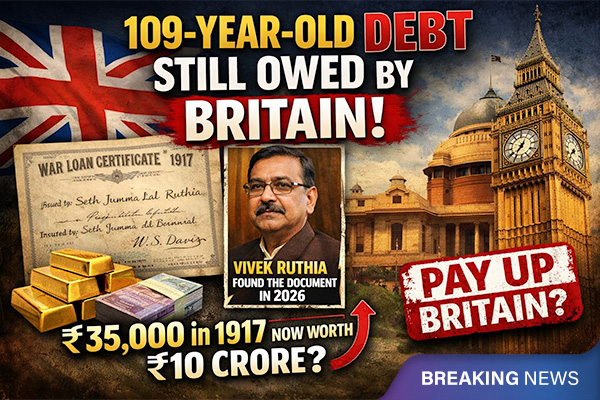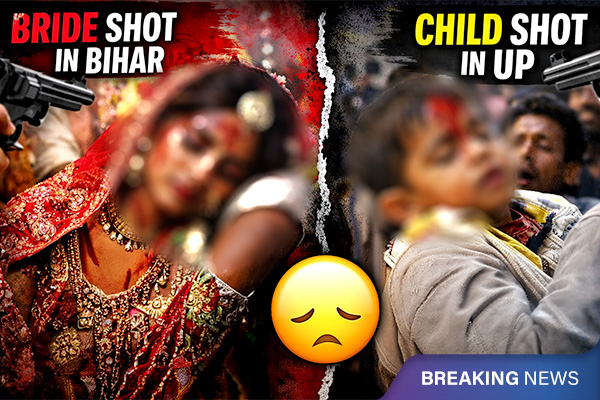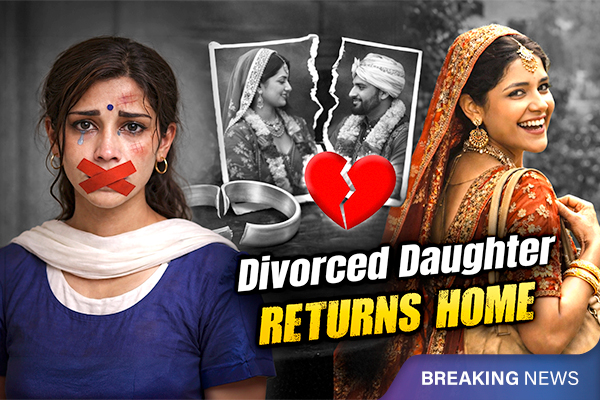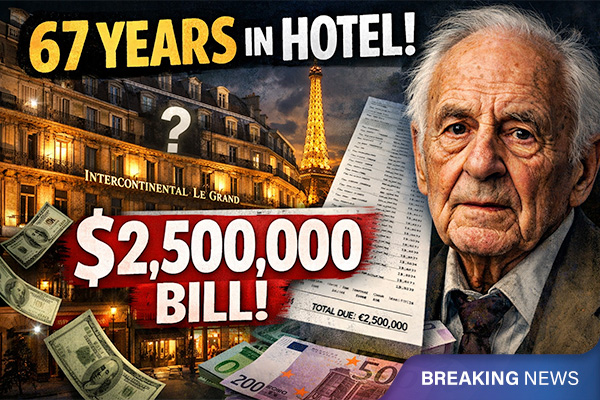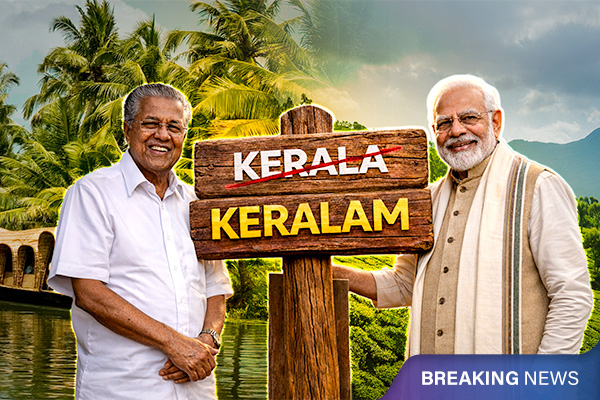BBC Documentary on Modi Creates Uproar in India
The Part 1 of the controversial BBC documentary named India; The Modi Question was released recently. The documentary has been banned in India.
A BBC documentary named "India: The Modi Question" is a 2 part documentary that reportedly delves into PM Modi's approach toward the Muslim community. The first part was released last week. The documentary is based on an unpublished report by a team of the UK government that investigated and held PM Modi directly responsible for the 2002 Gujarat riots. The inquiry report says that PM Modi prevented the Gujarat Police from acting to contain the targeted violence against Muslims. The episode features a former senior diplomat saying that the violence was planned by the Vishwa Hindu Parishad (VHP), a Rashtriya Swayamsevak Sangh (RSS) affiliate.
The Ministry of Information and Broadcasting (MIB) blocked the documentary after examination in a meeting of various ministries. The Ministry of External Affairs (MEA) described the documentary as a "propaganda piece" lacking objectivity and reflecting a colonial worldview. The documentary was reportedly found to be critical of the Supreme Court of India, against India's unity and making "unsubstantiated allegations regarding actions of foreign Governments in India."
While the BBC did not make it available in India, MEA said some YouTube channels posted it allegedly to promote anti-India propaganda. According to reports, YouTube and Twitter have been asked to ban documentary-related videos. Twitter has been asked to remove about 50 tweets that shared the link of the video. Also many retired judges, retired bureaucrats and retired armed forces veterans co-sign a statement rebutting the BBC documentary. There were over 300 signatories who said that BBC's prejudice against India has resurfaced in the form of the documentary.
US State Department spokesperson Ned Price said he was unaware of the controversial BBC docu-series on Prime Minister Narendra Modi. He, however, added that he was familiar with the shared values of India and the US as "thriving and vibrant democracies." Some speculated the statement hinted at the US's support for PM Modi against the documentary. Earlier in the British Parliament, UK Prime Minister Rishi Sunak distanced himself from the BBC documentary series, saying he "doesn't agree with the characterization" of his Indian counterpart.
In Spite of the ban, in Kerala several political groups decided to screen the controversial documentary in the state. Bharatiya Janata Party (BJP) reacted sharply and sought Kerala CM Pinarayi Vijayan's intervention to stop the screening. JNU Student Union (JNUSU) had planned the screening of the documentary. However, the university administration issued a statement, which said: “No prior permission for this event has been taken from the JNU administration. This is to emphasize that such an unauthorized activity may disturb peace and harmony of the university campus. The concerned students/individuals are firmly advised to cancel the proposed programme immediately failing which strict disciplinary action may be initiated as per university rules.” At 8.30 pm, barely half an hour before the JNUSU planned to screen the documentary, the campus was plunged into darkness. It was only after midnight that power was restored after a group of students, as a mark of protest against what they said was a deliberate blackout, watched parts of the documentary on their phones and laptops. JNUSU president Aishe Ghosh said that whenever there was a power cut, the campus community was “notified” by the administration “but this time we got no notice.” so this meant that this was deliberately done to stop the screening. In a video from campus, JNUSU president Aishe Ghosh was seen waving a sheet of paper with a QR code. “If they shut down one screen, we shall switch on hundreds,” she is heard saying. However, many professors said that the power cut affected faculty housing, too.


